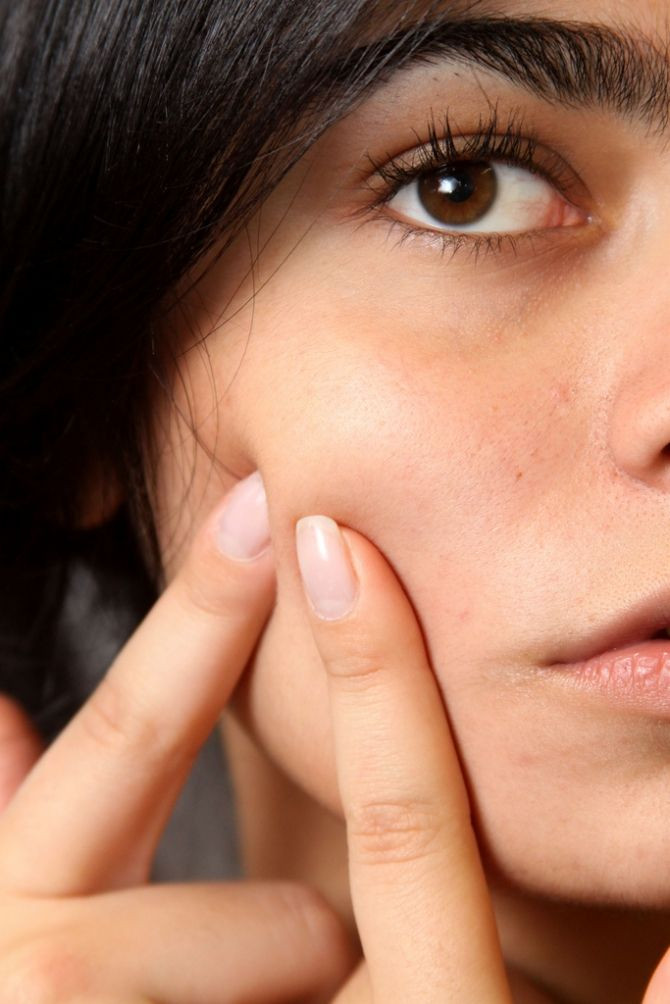Viruses: The Next Anti-Acne Weapon?

That awful zit can be infected and destroyed with a common, skin-dwelling virus, a new study has found.
Researchers say that one possible way why some people have clearer skin than others is that they have a higher number of certain viruses on the skin that help destroy acne. Acne treatments containing these particular viruses may help people fight severe acne.
Researchers from the University of Pittsburgh and the University of California, Los Angeles, have isolated and examined the genetic structure of 11 viruses, called phage, that may be used to fight acne causing bacterium, Propionibacterium acnes.
According to the National Institutes of Health, acne occurs when pores on the skin get blocked due to the presence of oil, hair follicle and cells that line the pore. The bacteria can then grow in these blocked pores and when the body detects that bacteria are growing in the pores, it starts a defense attack leading to inflammation.
Most people get rid of acne when they reach adulthood but for those who have a severe condition, antibiotics are recommended. Now, there are certain strains of the acne bacterium that have become resistant to the antibiotics and new forms of treatment are urgently required.
This is where phage comes in.
Phage, or bacteriophages, are viruses that infect and kill the bacteria. The phage therapy is more efficient than antibiotics because it is specific and has fewer side effects. In the present study, researchers isolated P. acnes bacteria and P. acnes phages from the noses of two sets of volunteers who either had clear skin or acne.
Researchers then studied genomes of the phages. They found that these genomes were almost similar to each other. A lack of diversity in the genetic material means that there is a less chance for the virus to target other bacteria in the body.
"Phages are programmed to target and kill specific bacteria, so P. acnes phages will attack only P. acnes bacteria but not others like E. coli. This trait suggests that they offer strong potential for targeted therapeutic use," Laura Marinelli from UCLA and lead author of the study said.
These phages have a gene which codes a specific protein called endolysin - an enzyme - that breaks down the cell wall of the acne-causing bacteria. Graham Hatfull, from the University of Pittsburgh and author of the study, suggests that this enzyme could also be used in skin creams designed to treat acne. "This work has given us very useful information about the diversity of that set of enzymes and helps pave the way for thinking about potential applications," he said.
The study was published in the journal mBio.



























